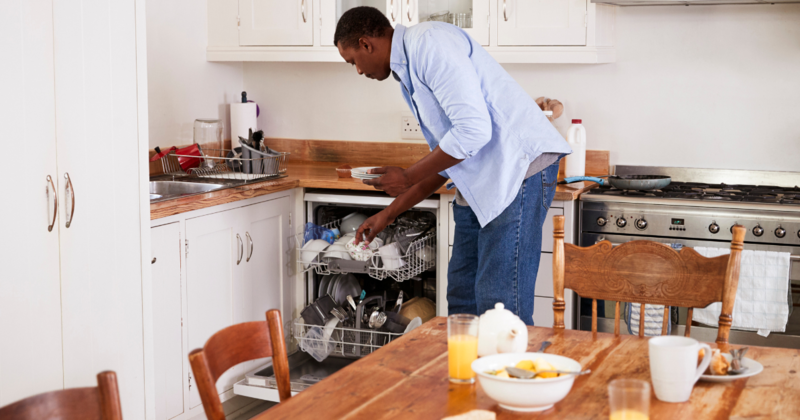Getting into a collision can be shocking and scary — and, unfortunately, most people will experience at least one in their lifetime.
While you can hope for the best, it’s also helpful to prepare for the worst-case scenario. Familiarize yourself with what to do following an accident so you can try to stay calm and collect the information you need if it happens.
From checking on yourself and your passengers to filing a claim, here’s what you need to know about dealing with an accident.
- Make sure everyone’s okay. Examine yourself and any passengers for cuts, bruises, and other injuries. Take a moment to check for pain in your neck, shoulders, and other parts of your body.
- Move your vehicle. If you’re able, pull onto the shoulder to be safer and avoid blocking traffic.
- Call emergency responders. Dial 911 to report the accident and any injuries. The operator will dispatch emergency services as needed. It’s important to get a police report for your claim to provide evidence.
- Exchange information with the other driver. Regardless of how the accident happened, it’s good practice to exchange information with the other driver. Take pictures of their driver's license, insurance card, and license plates to help support your claim.
- Don’t assume fault. When talking to the police, the other driver, and witnesses, watch your words. You can answer the officer’s questions about what happened, but you don’t want to say you were at fault. The insurance investigation will make that determination.
- Take photos of the scene. This is another crucial step for your claim. Take pictures of your vehicle and the other car(s), as well as any visible injuries you and your passengers sustained.
- File an insurance claim. Finally, get in touch to start the claim process. If you need to seek medical treatment after the accident, keep a record of that. If your vehicle wasn’t towed from the scene, you can decide whether to take it to a body shop of your choice or an insurer-recommended one.
Reach out if you need to file a claim, update your coverage, or have questions about your policy.










